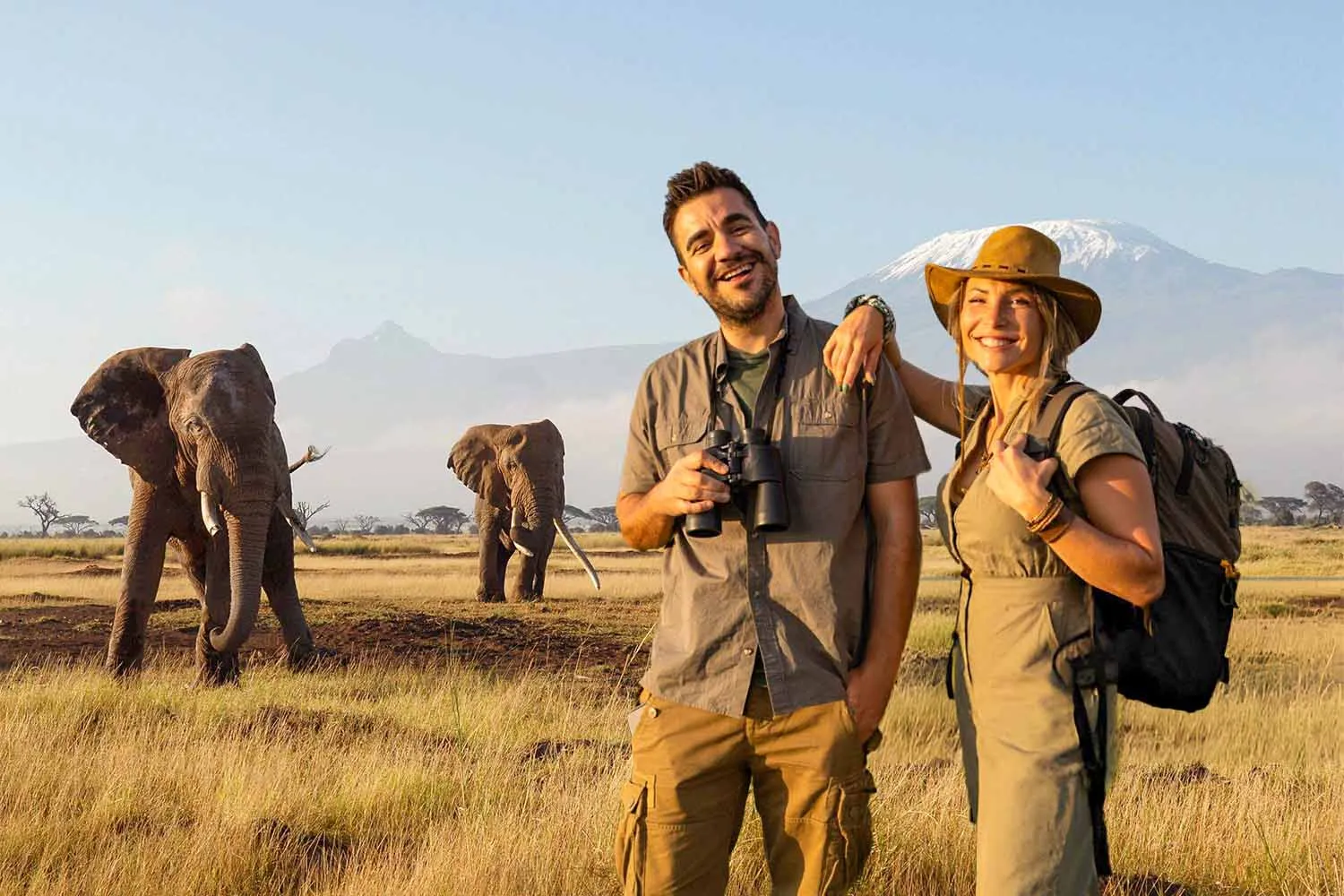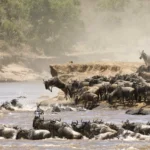A safari in Africa is one of the most exciting adventures you can experience. From spotting the Big Five to immersing yourself in diverse cultures and breathtaking landscapes, a safari requires thoughtful planning to ensure it’s safe, smooth, and unforgettable. This guide will help you prepare every step of the way.
1. Decide Where to Go
Different countries in Africa offer unique safari experiences. Some of the top destinations include:
-
Tanzania – Home to Serengeti, Ngorongoro Crater, Tarangire, and Zanzibar beaches. Best for the Great Migration.
-
Kenya – Famous for the Maasai Mara and Amboseli, excellent wildlife and cultural experiences.
-
South Africa – Kruger National Park and private reserves, easy access with luxury lodges.
-
Botswana – Okavango Delta and Chobe, famous for water-based safaris.
-
Namibia – Etosha National Park and unique desert landscapes.
2. Choose the Best Time to Travel
Wildlife viewing is possible year-round, but seasons affect the experience.
-
Dry Season (June–October): Best for game viewing as animals gather around water sources.
-
Wet Season (November–May): Lush scenery, birdwatching, and fewer tourists. Ideal for photographers.
-
Migration Timing: In Tanzania and Kenya, wildebeest herds move across the Serengeti–Mara ecosystem (January–March calving; July–September river crossings).
3. Decide on Safari Style
-
Luxury Safaris: High-end lodges, fly-in packages, private guides, exclusive experiences.
-
Mid-Range Safaris: Comfortable lodges and tented camps with good value for money.
-
Budget Safaris: Group tours, camping, and overland trucks.
-
Private Safaris: Fully customised itineraries with a private vehicle and guide.
4. Plan the Duration
-
Short Safaris (2–4 Days): Ideal for those on limited time, covering one or two parks.
-
Standard Safaris (5–7 Days): Covers multiple parks for a balanced experience.
-
Extended Safaris (8–14 Days): Includes wildlife, culture, and possibly beach holidays like Zanzibar.
5. Book with a Reputable Operator
A professional safari operator ensures safety, logistics, and high-quality experiences. Consider:
-
Reviews and reputation.
-
Knowledgeable guides with good English skills.
-
Flexible itineraries tailored to your needs.
-
Transparent pricing with no hidden costs.
6. What to Pack for Safari
-
Clothing: Neutral-colored, lightweight clothes; layers for cool mornings/evenings.
-
Footwear: Comfortable walking shoes or hiking boots.
-
Gear: Binoculars, camera with zoom lens, extra memory cards.
-
Health & Safety: Sunscreen, hat, insect repellent, personal medication.
-
Documents: Passport, visa, travel insurance, vaccination records.
7. Budgeting and Costs
Safari costs vary based on destination, season, and comfort level:
-
Budget safaris: $150–$250 per day.
-
Mid-range safaris: $300–$600 per day.
-
Luxury safaris: $700–$1,500+ per day.
Additional expenses include flights, visas, tipping, and optional activities (hot air balloon rides, cultural tours).
8. Health and Safety Tips
-
Vaccinations: Check if you need yellow fever, hepatitis, or other vaccines.
-
Malaria Precautions: Take prophylaxis and carry mosquito repellent.
-
Travel Insurance: Essential for medical coverage and trip cancellations.
-
Wildlife Safety: Always follow your guide’s instructions and never approach animals on foot unless guided.
9. Enhance Your Safari Experience
-
Combine a wildlife safari with a beach holiday in Zanzibar, Seychelles, or Mozambique.
-
Add cultural tours to interact with Maasai, Hadzabe, or San communities.
-
Try unique experiences such as walking safaris, night game drives, or hot air balloon rides.
10. Tipping Guidelines
Tipping is customary and appreciated:
-
Driver-Guide: $10–$20 per person per day.
-
Camp/Lodge Staff: $5–$10 per guest per night.
-
Porters: $1–$2 per bag.
Conclusion
A safari is more than just a holiday—it’s a life-changing journey into the heart of Africa. With the right planning, you’ll not only witness incredible wildlife but also connect with local cultures and landscapes that leave lasting memories. Whether it’s a short getaway or an extended adventure, a safari offers something special for everyone.


